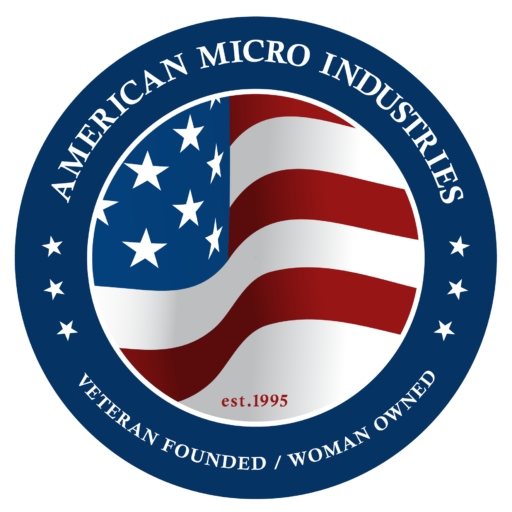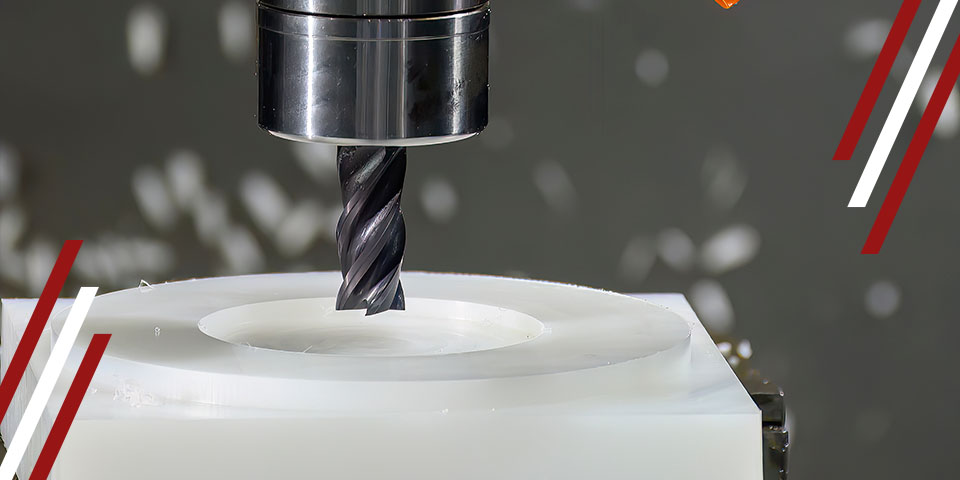

Jump to:
Prototyping is one of the most critical steps in product development, helping engineers evaluate the appearance and functionality of new devices. The prototyping process can be long and time-consuming. It can be challenging for engineers and manufacturers to balance product quality with favorable timelines.
Computer numerical control (CNC) machining has revolutionized industrial fabrication. With a market forecast to grow to almost $23 billion by 2026, the future looks bright as the benefits extend to other manufacturing areas. CNC machining in rapid prototyping makes it possible to produce highly accurate prototypes in a fraction of the time. Understanding how CNC speeds up prototyping is the first step to establishing whether it’s a viable choice in your operation.
Understanding CNC in quick prototyping is essential to appreciating its benefits. CNC machining is a manufacturing process that uses computer parameters to control precise and accurate machining tools. It’s a subtractive process — CNC machines create the required components by cutting away material until they reach the desired design specifications.
While this technology has revolutionized manufacturing in many industries, CNC machining in rapid prototyping remains a new concept for many. The method involves relying on CNC to develop prototypes for technical models where precision, speed and flexibility are critical.
From design to prototyping, the process includes the following:
CNC machines are a logical tool for prototyping for several reasons. The process produces highly accurate and detailed prototypes while expediting prototyping and reducing costs.
CNC machining and prototyping work together to elevate and accelerate manufacturing. Some of the many benefits of CNC machining for rapid prototyping include:
Since the first CNC machine in 1959, manufacturers have been innovating and refining the technology to surpass many legacy machining techniques. Prototyping is no different, and CNC machining offers many advantages over conventional prototyping techniques like molding, manual machining and 3D printing. Some of the principal differences between traditional and rapid CNC prototyping include the following:
The effects have been revolutionary when considering CNC’s role in rapid prototype production. CNC machining has transformed the iteration phase, offering rapid prototyping at affordable costs. The accompanying software simplifies improvements and adjustments, allowing engineers and manufacturers to achieve optimal part performance before progressing to total production.
CNC machines improve prototyping speed and accuracy, but sustainability is another area in which they shine. Prototyping can cause waste, but CNC machining innovations produce custom processes to boost material use and reduce waste. The machining process uses materials more efficiently and allows manufacturers to use a single facility to accomplish everything from the design phase, so they don’t need to purchase multiple devices.
Industrial and engineering applications must meet ever-increasing consumer demands for quality and efficiency. While the influence of CNC on prototyping speed is undeniable, this speed cannot come at the cost of precision or accuracy. Instead of sacrificing one for the other, CNC machining balances the need for rapid product development with meticulous accuracy, optimizing speed and precision in prototyping.
You can create intricate details and precise specifications on your prototypes with a CNC machine. The technique also allows for high levels of customization, accommodating a wide array of designs. Perhaps most importantly, CNC machining accelerates the development cycle, facilitating quicker refinement of designs and shortening time-to-market for rapid profitability and quality. Although the process is versatile, it’s also complex. Working with CNC machining experts is the best way to reap all the benefits of this innovative prototyping approach.
CNC machining has transformed prototyping, allowing engineers and manufacturers to gain speed, precision and accuracy. Whether you’re involved in machining or engineering operations, the influence of CNC on prototyping speed is precisely what your organization needs to get your next high-quality design to market quickly, eliminating human error and unnecessary delays on the way. Working with a trusted CNC machining provider is essential.
American Micro Industries offers custom CNC machining services and materials. Our manufacturing facility can manufacture precise and highly repeatable prototypes to drawing specifications. Whether you need the material or the CNC machining service, we have the skills and expertise to help you create the most reliable prototypes and quickly get your products to the end user. Contact us today to learn more about our custom CNC machining services and manufacturing capabilities.